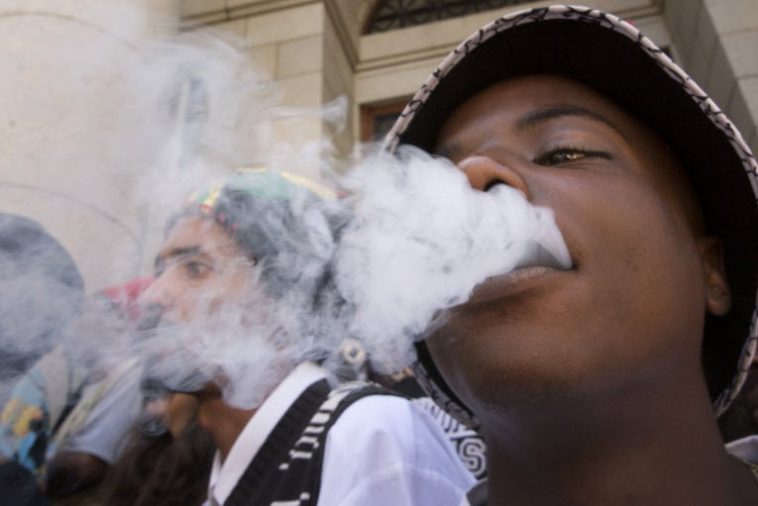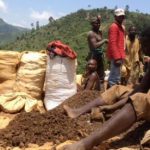Drug addiction affects millions of people worldwide, and the African continent doesn’t make an exception. Unlike the other continents, though, in Africa, not only drug addiction is a serious problem, but also drug trafficking. UN officials highlighted that drug trafficking in West and central Africa impacts economic growth, security, governance, and public health. All of these issues affect the treatment possibilities for drug abusers, as many of them both traffic and abuse drugs.
To name a number, north and central Africa represent 87% of all pharmaceutical opiates seized worldwide.
Taking a look at the details-what do the numbers say?
It goes without saying that drug addiction is a severe matter in Africa. Governments in various African regions have tried to tackle drug addiction, especially opioids like tramadol and codeine. It’s mostly young Africans who turn to opioids abuse. Just like in California some years ago, a large-scale corruption case at the most important pharmaceutical companies in Nigeria was revealed. Therefore, the government had to forbid the production and importation of syrups made with codeine.
Ghana, for instance, has tried to control opioid imports. Still, the measures depend a lot on transit routes in Benin (close to Ghana). Incidentally, Benin was declared the no. 2 largest destination for Indian tramadol back in 2016. Even though the government is trying, the efforts are far from being efficient. Nigerian officials managed to confiscate more than half a billion tablets of tramadol in just one month.
Currently, it seems that there are more than 34 million cannabis users and almost two million cocaine users in both central and western Africa (the numbers are for 2016). Narcotics are pricey in Africa, which is why opioids are very easy to obtain and affordable.
What options for treatment exist in Africa?
Despite the many economic problems, treatment centers are found across Africa, providing various types of help. Patients can enroll in Christian treatment centers, where religious-based treatment is provided for drug addiction. With 12-step programs being a big hit for many years, 12-step programs are developed in Africa, whereas centers addressing mental health issues and drug addiction are slowly being created.
Hospitals
Currently, some African hospitals comprise departments with psychiatry services for patients with drug/alcohol addiction or mental health conditions. For people who have no other option, these hospitals make a safe choice, even if the treatment may not be the best for your case.
Luxury rehab centers
it’s no secret that addiction knows no race, gender, social or financial status. The luxury rehab centers in Africa address patients willing to pay for the best care. Amenities and accommodation are over the top, and patients also get personalized treatment, access to various and holistic therapies for treating drug addiction. Healthy dieting with raw, vegan, non-GMO food is provided at some centers as part of the healing, such as at The Holistic Sanctuary. Clients also have access to the most innovative and proprietary protocols at this type of treatment center.
Outpatient centers
With outpatient treatment, patients can benefit from therapy and attend their daily job/family/personal responsibilities. Part-time treatment sessions are characteristic for the outpatient centers, providing help to patients with low to moderate addiction.
This type of help doesn’t give positive results in patients who have been struggling with addiction for years.
Residential centers
also known as inpatient centers, the residential facilities will ensure 24/7 care for the patients. They need to spend at least 28 days for the treatment to give results. It’s the best choice for people with moderate to severe drug addiction.
One last thought
Drug addiction is a severe problem in Africa, as much as in other areas of the world. Treatment centers are developing, and governments make efforts to put an end to it or prevent it. Patients seek professional help, which gives hope that soon enough, better results will happen.


